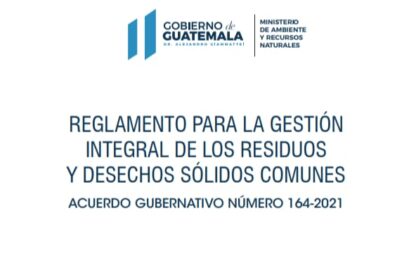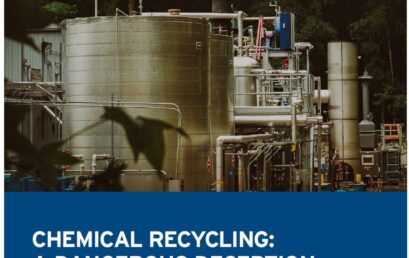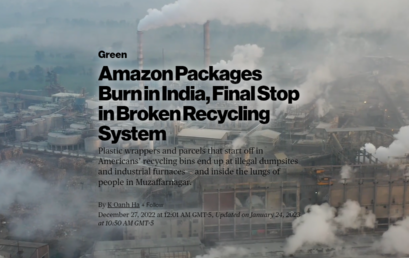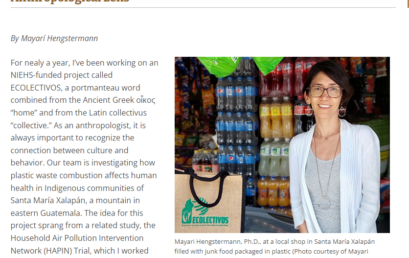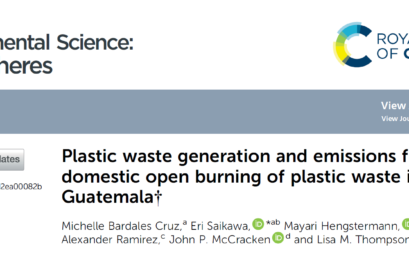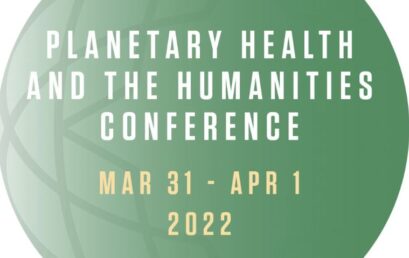
CONCURSO DE ARTE ECOLECTIVOS 2024
La Universidad de Emory reúne ciencia, arte, tecnología y diseño para brindar experiencias educativas y culturales de primer nivel. Estos eventos y exposiciones, atractivos e interactivos en partes iguales, están diseñados para inspirar la pasión de los jóvenes por nuevas ideas y áreas de interés, dotándolos de resiliencia, empatía y comprensión ética https://www.atlanta.sciencegallery.com/
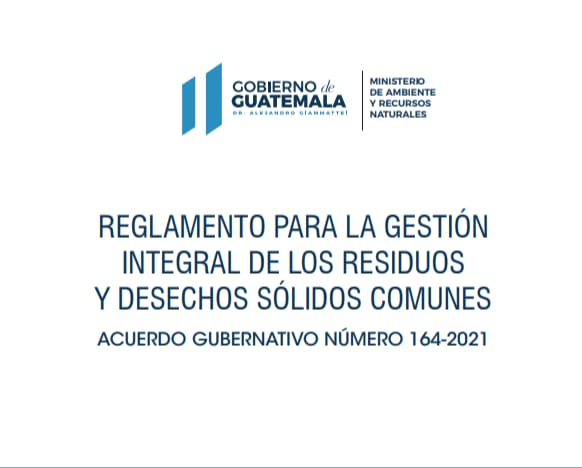
“Acuerdo Gubernativo Número 164-2021 Reglamento para la Gestión Integral de los Residuos y Desechos Sólidos Comunes”
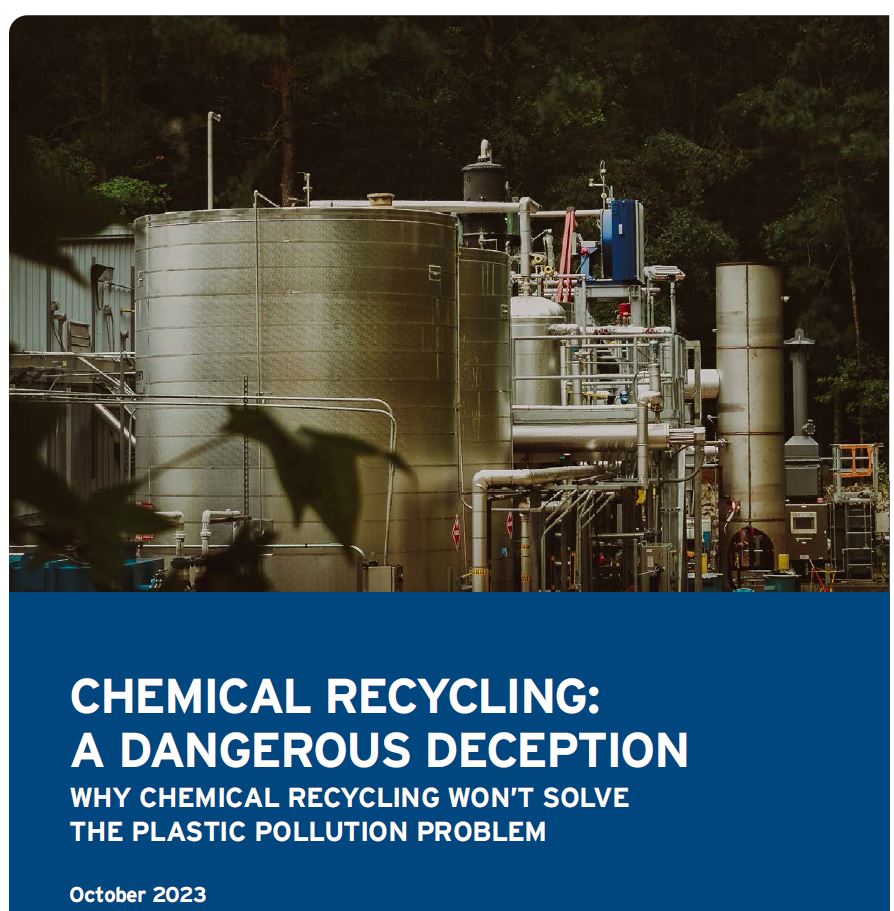
Chemical Recycling: A Dangerous Deception, Beyond Plastics
This report has been prepared to address the plastic industry’s claims that chemical recycling, also known as “advanced recycling,” can play a significant role in reducing global plastic pollution. The science and data currently available do not support this claim and actually point to the conclusion that chemical recycling would support expansion of plastic production, […]
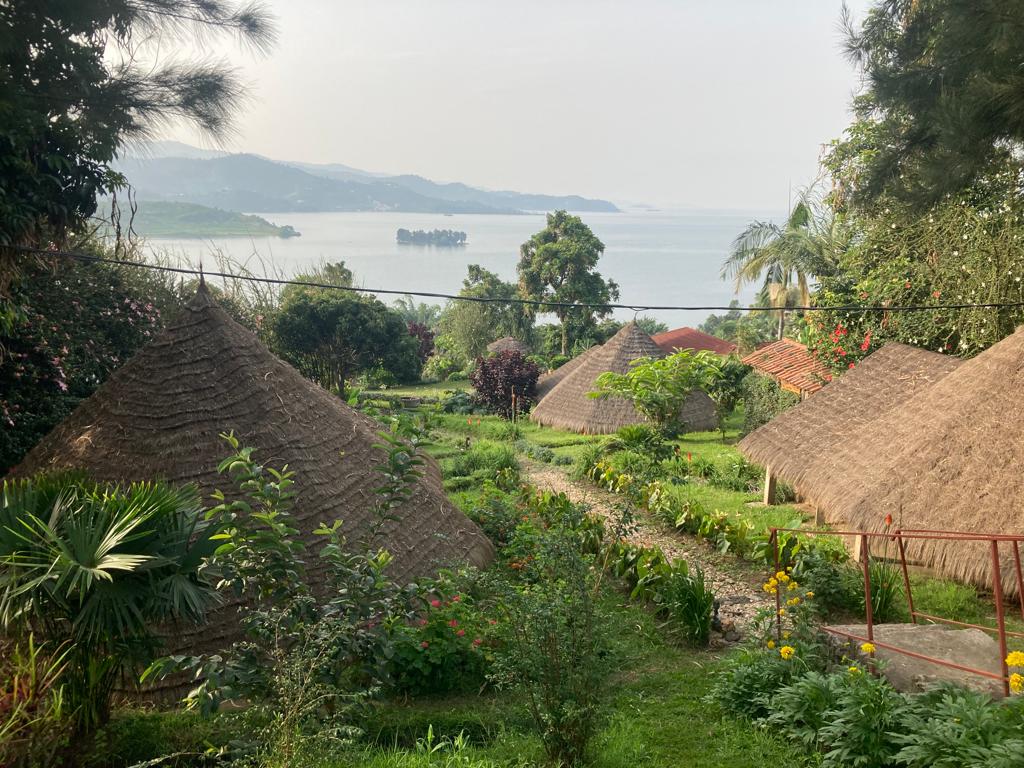
Reducción de Plásticos San Pedro La Laguna
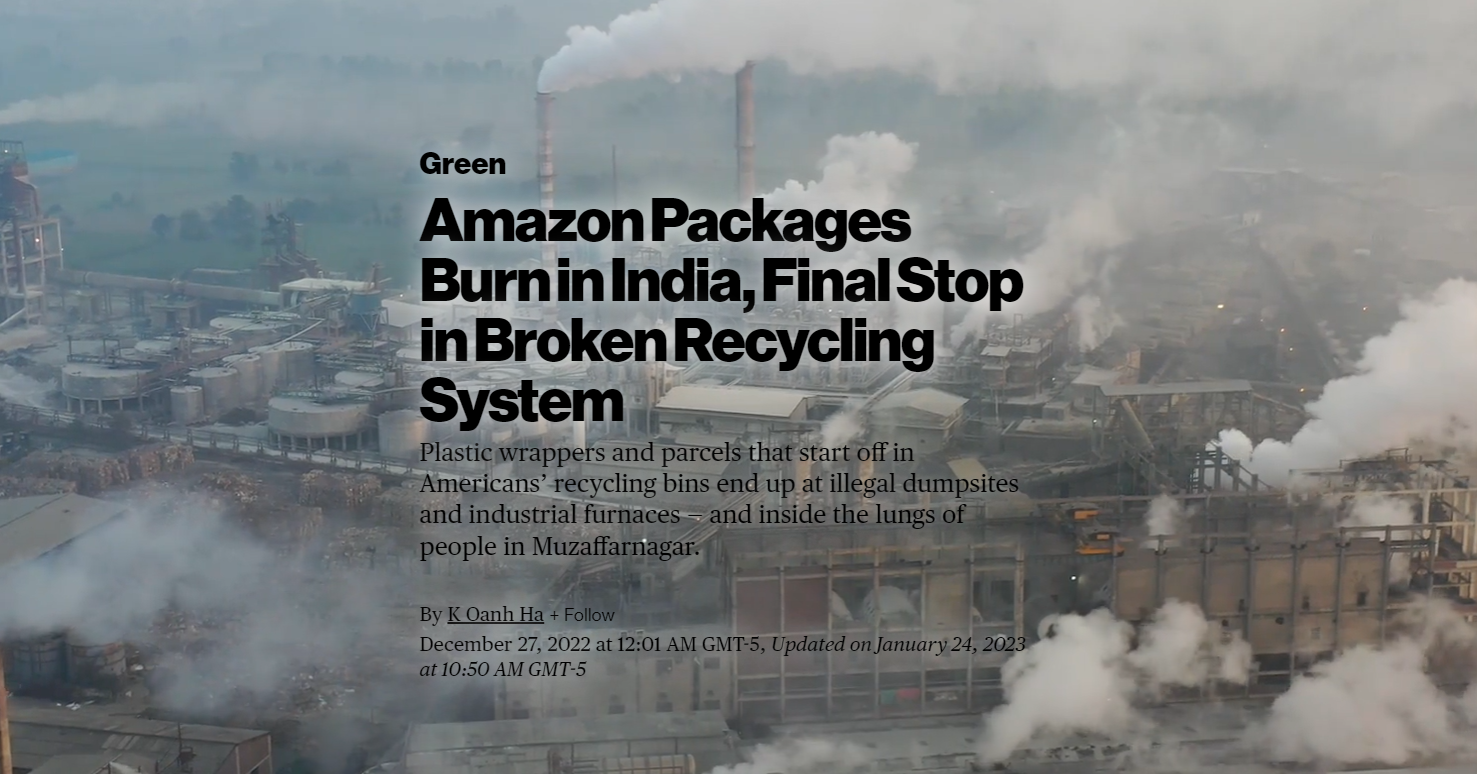
Amazon Packages Burn in India, Final Stop in Broken Recycling System
Plastic wrappers and parcels that start off in Americans’ recycling bins end up at illegal dumpsites and industrial furnaces — and inside the lungs of people in Muzaffarnagar.
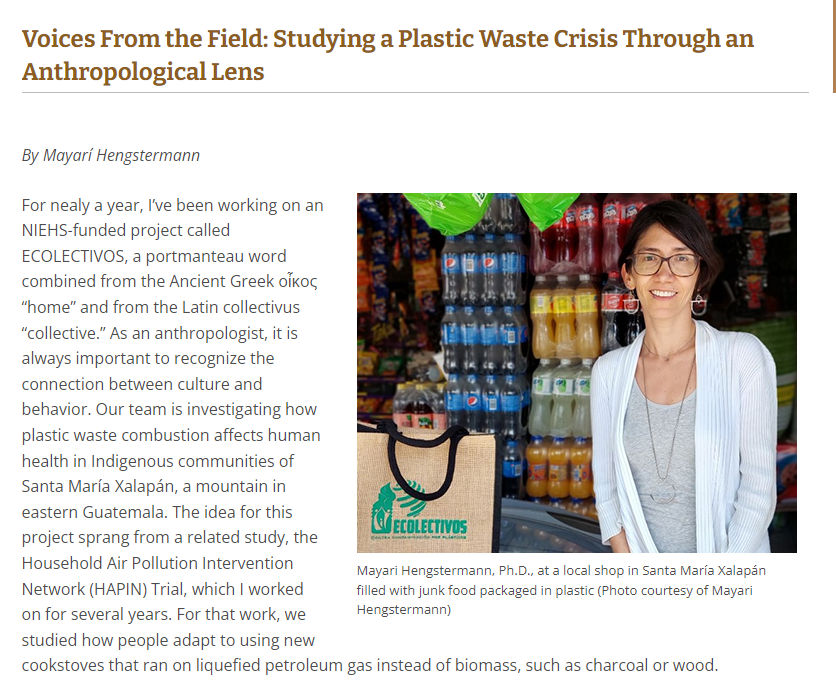
Voices From the Field: Studying a Plastic Waste Crisis Through an Anthropological Lens
For nealy a year, I’ve been working on an NIEHS-funded project called ECOLECTIVOS, a portmanteau word combined from the Ancient Greek οἶκος “home” and from the Latin collectivus “collective.” As an anthropologist, it is always important to recognize the connection between culture and behavior. Our team is investigating how plastic waste combustion affects human health in Indigenous communities of Santa María Xalapán, a mountain in eastern Guatemala. The idea for this project sprang from a related study, the Household Air Pollution Intervention Network (HAPIN) Trial, which I worked on for several years. For that work, we studied how people adapt to using new cookstoves that ran on liquefied petroleum gas instead of biomass, such as charcoal or wood.
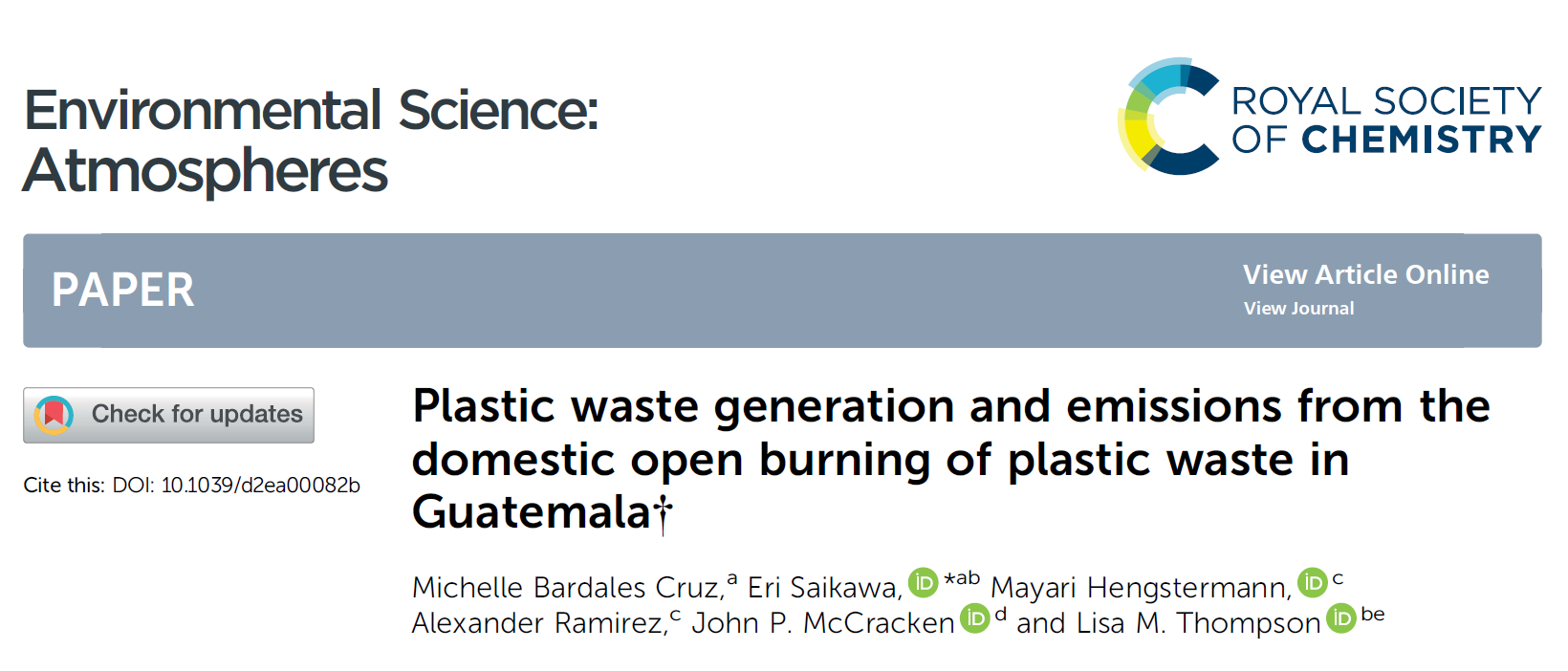
Plastic waste generation and emissions from the domestic open burning of plastic waste in Guatemala
Domestic, or household-level, open burning of plastic waste is a source of air pollutants and greenhouse
gases that are often neglected in emission inventories. Domestic open burning is a considerable concern
in Guatemala due to the lack of access to waste collection services, particularly in rural areas. This paper
offers the first attempt to estimate emissions from the domestic open burning of waste at the city and
departmental levels in Guatemala. Data were collected from the Xalap´an region of Jalapa, Guatemala
and analyzed to determine the change in plastic waste generation over time as well as the
socioeconomic factors that may affect the extent of plastic waste generation and burning. The annual
per capita masses of plastic waste burned were used to estimate emissions from domestic open burning
of plastic waste in the region of Xalap´an, the cities of Jutiapa and Guatemala city, and all 22 departments
in Guatemala. Our results show that rural areas burn more waste domestically, likely because of a lack of
access to waste collection, and 30.4% of OC, 24.0% of BC, 23.6% of PM2.5, and 2.4% of CO2 emissions in
Guatemala may not be accounted for by excluding open plastic burning as a source.
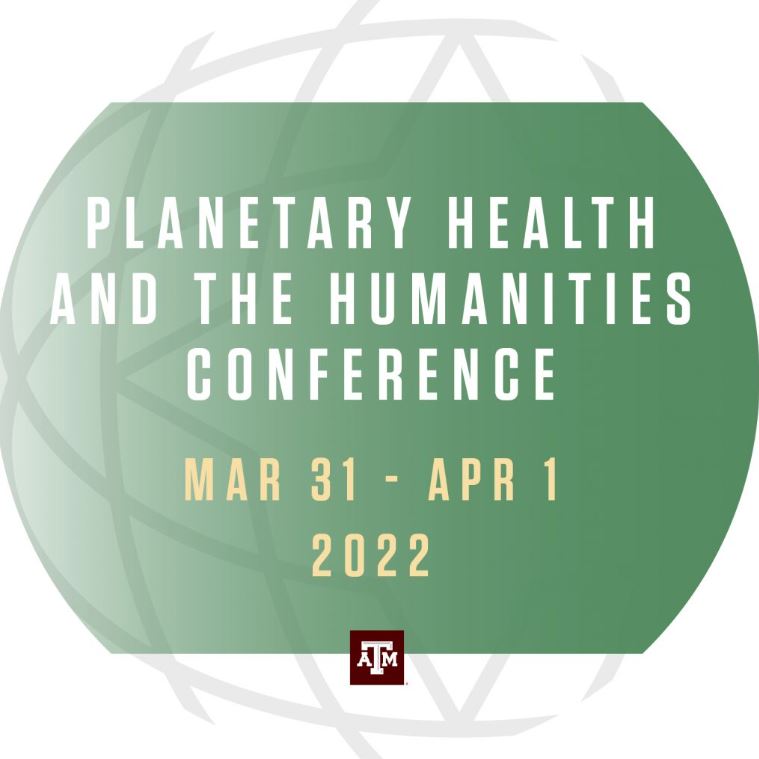
Planetary Health and the Humanities Conference
Spring 2022 Planetary Health and the Humanities Conference Program Location: Texas A&M Hotel and Conference Center, Hullabaloo Room This event is free and open to all. Registration is required by March 27; please use this form. Information about travel, hotels, and the Bryan-College Station area can be found here. Event Poster Speakers’ Abstracts and Bios

